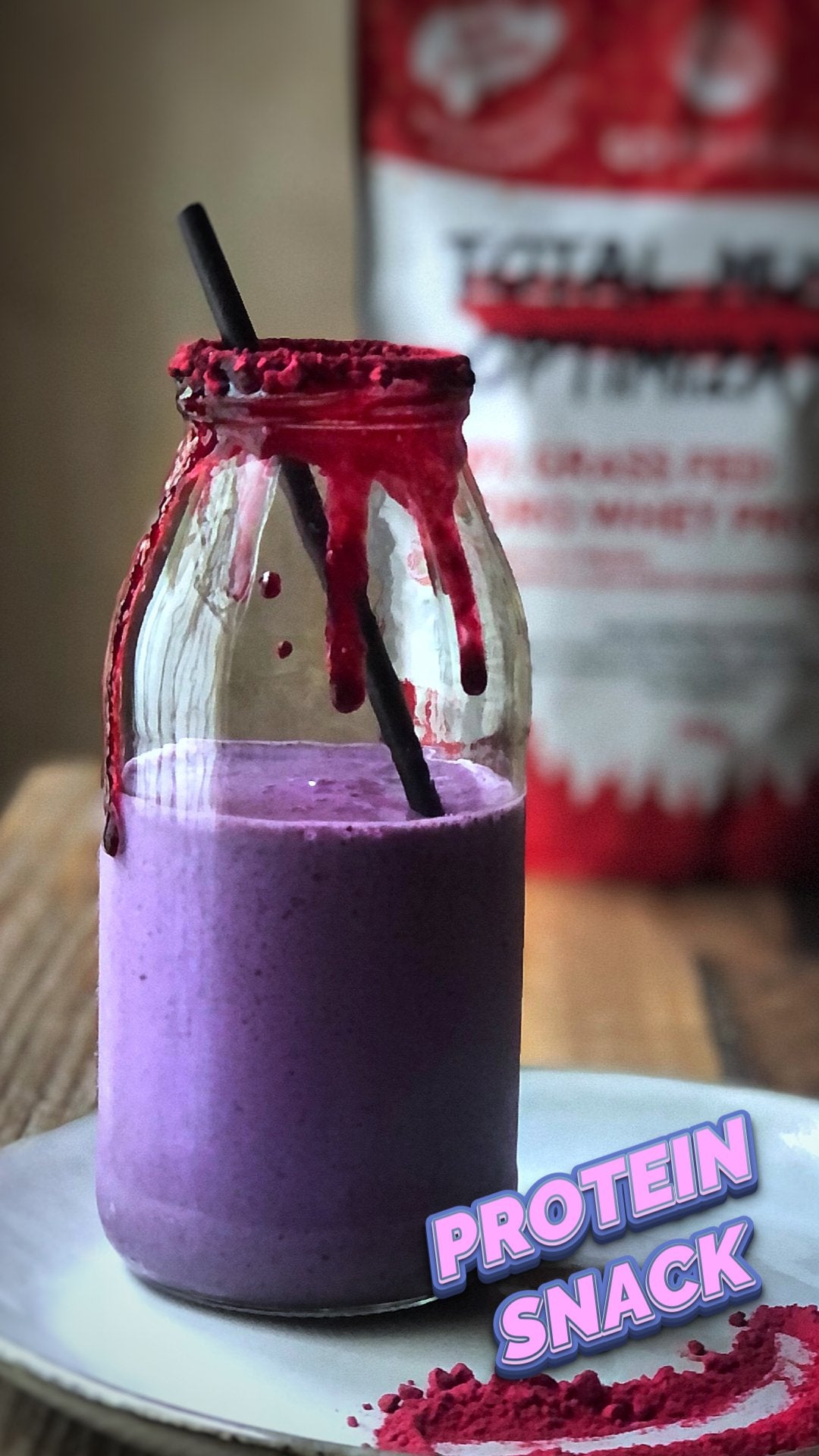
Protein and Endurance Athletes
Protein is one of the body's most important macronutrients for endurance and muscle growth.
So, it’s obvious to question its role in endurance activities and most of its role is emphasized for post-exercise recovery. Carbohydrates play a crucial role throughout endurance training, so you might wonder if protein also plays a role during training.
Here is a detailed guide explaining everything about proteins, their importance, the types of proteins you need and the amount athletes should consume.
Why Is Protein Important for Athletes?
Protein is a very important macronutrient that your body uses to build itself. All cells, cells, tissues, and organs in your body are made of proteins, and your muscles are the largest organ that needs a regular supply of protein for development and strength (1). Besides being an important building molecule for the body, this nutrient has many functional roles too. Here are some benefits that protein provides to endurance athletes:
- For the synthesis of haemoglobin, your body needs protein. If the levels of haemoglobin fall in the body, exercising muscles will not receive enough oxygen, affecting their performance.
- The fluid volume and water balance are maintained with the help of proteins.
- Proteins, after digestion, become a part of the amino acid pool in the body. When you don’t have sufficient carbohydrates available for energy, amino acids from the amino acid pool are degraded to provide energy through various mechanisms.
- Proteins contain Branched Chain Amino Acids (BCAA), which are essential for muscle recovery from the damage that occurs due to intensive exercise.
- BCAA are also helpful in building muscles that are used for the production of lean muscles.
How Much Protein Do Athletes Need?
Before you decide the amount of protein you need for endurance training, you must determine your daily protein requirement during your normal routine when you’re not training. If you’re an active individual and not training yet or doing light exercise, you get max 12 to 15 percent of your energy from proteins.
When you shift to intense training, your calorie requirement increase, so you have to consume more protein. For athletes, 12 to 15 percent more of their energy requirement is fulfilled from protein, so you have to increase the protein intake. The more amount you’ll need depends upon the severity of muscle damage. If you damage more muscles while training, you have to consume more protein to recover from the damage.
Here is a generalized amount of protein that you’ll need depending upon the intensity of your training:
- Moderate training – 0.90 grams per kg
- Heavy training – 1-1.5 grams per kg
- Very heavy training – 1.6-1.9 grams per kg
This amount can vary depending upon the duration of the training, muscle damage, etc. So, it’s always suggested to consult your trainer to get protein intake recommendations.
Best Time for Protein Intake
The timing for protein intake is as important as the amount because if you’re consuming it at the wrong time, you can get maximum benefits. Ideally, the best time for protein intake is an hour before the high-intensity training sessions.
You must combine your protein intake with sufficient carbohydrates for the best results. The amount of carbohydrates will always be higher than proteins. For proteins, the goal is to sustain a “positive protein balance”, which is necessary for the healthy functioning of the body and recovery of muscles after training (2). Muscle development can only occur if the protein breakdown is never higher than protein synthesis.
Best Types of Proteins for Endurance Athletes
With hundreds of protein supplements available today, you can easily get confused while choosing the best protein types (3). But, with a good understanding of choosing the best types of proteins, you can do it without any problem. The most critical factors that you should consider for proteins are given below:
- Branched Chain Amino Acids (BCAA) should be present in a full amino profile.
- Essential amino acids, specially Leucine should make a major portion of protein for endurance athletes. This is because your body already produces non-essential amino acids, and if you consume them in your diet, their excess will do no good.
- Biological value (BV) of the protein should be higher. Proteins with a high BV are quickly available for use once they are ingested, hence more helpful in endurance training.
Does Protein Help During Long Exercise?
Carbohydrates are the first targeted for energy during exercise. But, when you’re exercising for hours and your carbohydrate stores are depleted, your body will get energy from proteins and amino acids through a process known as gluconeogenesis.
If you’re not taking sufficient amounts of protein in your diet during long exercises, the protein will be used from the muscles instead of the body’s amino acid pool. Muscle soreness and damage after such exercises will be more common and serious if this happens.
Bottom Line
Now, you understand the importance of protein for endurance training. Always maintain a constant protein level during your days, 2-3h before and after your endurance training you should have ingested protein in any form, so you avoid massive muscle damage.
It is also very important to get high quality protein, isolated or hydrolised are the best option, avoid concentrate as you don't absorb it that much and you will normally get digestion issues.
Avoid at any cost, all of those combo protein with multiple ingredients, they just add flour or other fillers to make you believe is a better product for muscle gain or recovery, it is not, you just need high quality absorbable protein powder.


